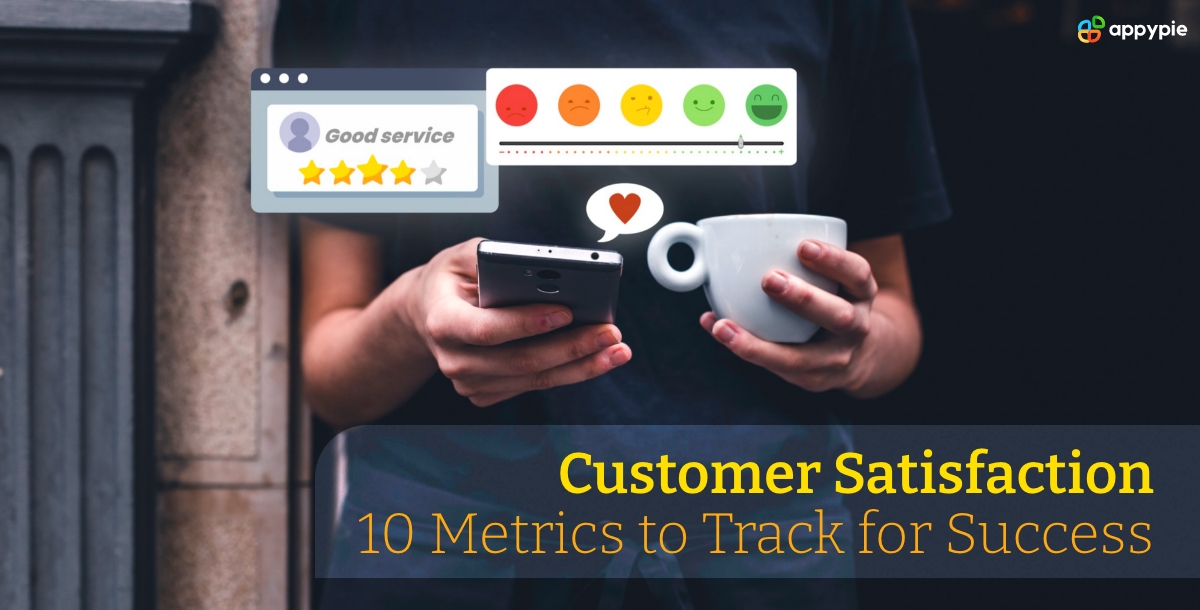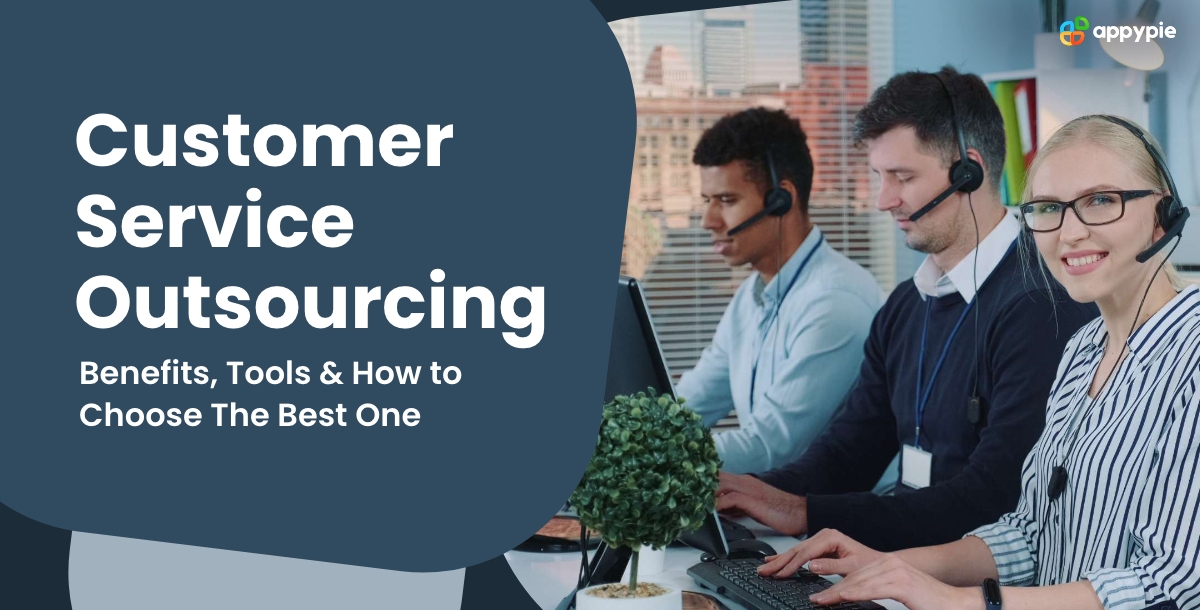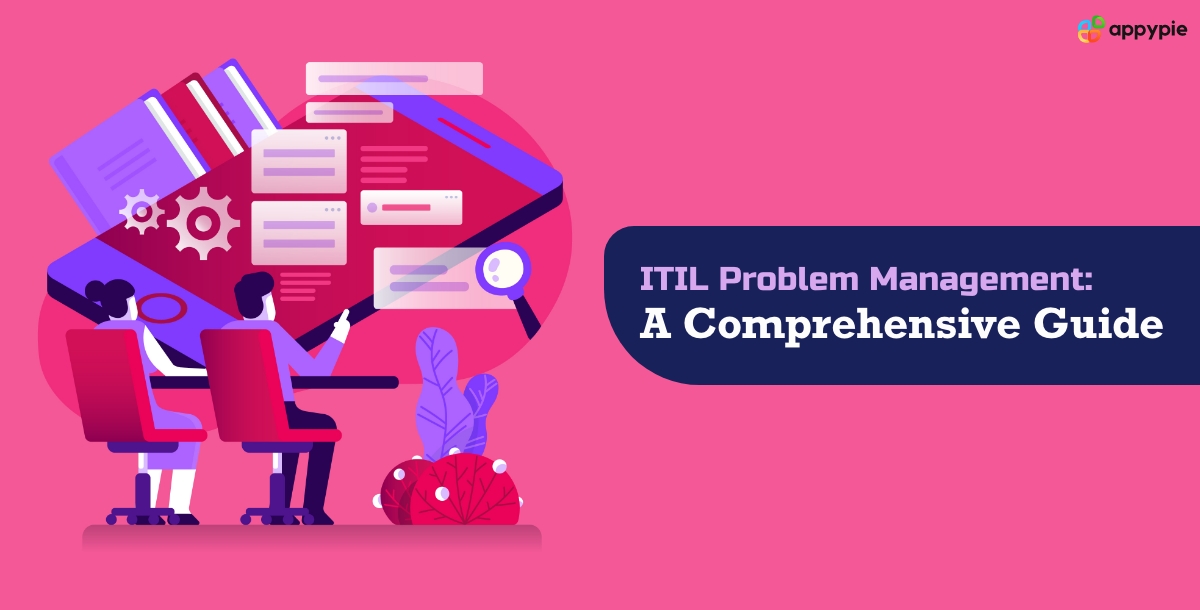What are HubSpot Integrations: A Complete Guide

HubSpot is a leading customer relationship management (CRM) platform that provides tools for marketing, sales, customer service, and content management. This platform enables businesses to reach customers, engage them, as well as delight them through simplifying processes and providing valuable insights. From email marketing and social media management to customer support and in-depth analytics, HubSpot has it all. The main advantage of this platform is its all-encompassing ecosystem of integrat [...]
Factorized Diffusion: Perceptual Illusions by Noise Decomposition

Author(s) : Daniel Geng, Inbum Park, Andrew Owens The research paper "Factorized Diffusion: Perceptual Illusions by Noise Decomposition" introduces a revolutionary zero-shot method for controlling individual components of an image during the diffusion model sampling process. This innovative approach allows for the creation of hybrid images that change appearance based on various factors such as viewing distance, lighting conditions, or motion blurring. The method works by decomposi [...]
How AI Elevates Website Creation For Everyone

The internet has changed the way we live and work, and having an online presence is now crucial for any business or individual. Creating a website used to be a complex and time-consuming process, often requiring coding skills that not everyone possessed. That's where Appy Pie's AI Website Builder comes in—it transforms the way people build websites, making it simple and accessible for everyone. In this blog, we'll explore how Appy Pie's AI-powered platform offers a fast and intuitive, code-fr [...]
What is a Passkey? A Beginner’s Guide

Tired of forgetting passwords? A recent survey by the TechReport found that up to 65% of people use the same password for Various Accounts. This puts them at significant risk if one of those accounts gets hacked. But what if there was a more secure and convenient way to log in? This is where passkeys come in. They represent a revolutionary shift in online authentication, aiming to replace passwords altogether. Let's dive deeper into what passkeys are, how they work, and even integrate with workf [...]
How to Use ChatGPT on WhatsApp?

Managing customer queries and ensuring prompt and accurate replies is a challenging task for businesses, especially as the number of messages increases. This is where the power of workflow automation tools can help. With the recent advancements in technology, businesses can now automate their responses and provide instant replies to their customers. One such innovative platform that enables this is Appy Pie, which offers a seamless way to connect your apps and automate workflows even with Cha [...]
21 Best Ad Campaign Examples of All Time

Have you ever been hooked by a commercial that left a lasting impression? The advertising arena is filled with creative ad campaigns that not only sell products but also arouse emotions, raise awareness, and leave a mark on pop culture. This blog will unravel the archives and explore the 21 best ad campaign examples of all time. We'll revisit iconic campaigns that transcended the boundaries of traditional advertising, including commercials that became cultural touchstones and social media ad cam [...]
in2IN: Leveraging individual Information to Generate Human INteractions

Author(s) : Pablo Ruiz Ponce, German Barquero, Cristina Palmero, Sergio Escalera, [...]
HQ-Edit: A High-Quality Dataset for Instruction-based Image Editing

Author(s) : Mude Hui, Siwei Yang, Bingchen Zhao, Yichun Shi, Heng Wang, Peng Wang, Yuyin Zhou, Cihang Xie A new dataset named HQ-Edit, which has transformed the field of instruction-based image editing through a recent research breakthrough, has been introduced. This dataset contains approximately 200,000 high quality edits falling in the new class of image editing datasets. Unlike previous approaches that relied on attribute guidance or human feedback for dataset creation, the [...]
Shaded Gold Color- Mastering Luxurious Luminosity with HEX Codes

In the realm of design, few hues capture the essence of luxury and versatility as effectively as shaded gold . This color, a rich blend of depth and luminosity, stands at the crossroads of elegance and practicality. Diverse in its range, shaded gold encompasses a spectrum that can elevate any design from ordinary to extraordinary. Understanding its complexity is key to harnessing its potential, especially when translating this opulence into digital and print formats. [...]
EgoPet: Egomotion and Interaction Data from an Animal’s Perspective

Author(s) : Amir Bar, Arya Bakhtiar, Danny Tran, Yifei MingAntonio Loquercio, Jathushan Rajasegaran, Yann LeCun, Amir Globerson, Trevor Darrell The remarkable capabilities of animals in perceiving and interacting with their surroundings remain unmatched by even the most advanced AI systems. To bridge this gap and enhance our understanding of AI, a unique dataset called "EgoPet" has been introduced. EgoPet provides a window into the world of animal movement and multi-agent interac [...]
Customer Satisfaction: 10 Metrics to Track for Success

Customer satisfaction is crucial for the long-term success of any business. It's about more than just providing a product or service; it's about creating a positive, memorable experience that keeps customers coming back and building customer loyalty. So, how do you measure customer satisfaction, and what customer satisfaction metrics should you track to ensure your business is on the right path? In this blog, we'll explore the importance of customer satisfaction and dive into 10 key metrics t [...]
Salesforce Integrations: What They Are and How They Work?

Businesses are constantly seeking ways to streamline their operations and enhance efficiency. This is where Salesforce, a leading CRM platform, steps in as a trusted partner. As a robust and versatile solution, Salesforce offers a comprehensive suite of features, including sales and marketing automation, lead management, and advanced reporting. Salesforce integrations offer a transformative approach to managing customer relationships, enabling businesses to create a seamless ecosystem where d [...]
Mimosa Color – Exploring History, Psychology, and Design Applications

Mimosa Color, inspired by the delicate yellow blooms of the mimosa tree, brings a burst of energy and joy to graphic design. Its vibrant golden tones evoke feelings of happiness and optimism, making it a powerful tool for creating visually engaging designs that capture attention and inspire emotions. Within the color palette, Mimosa sits alongside shades of lemon, sunshine, and gold, creating a harmonious spectrum that celebrates the beauty of sunlight and warmth. By leveraging AI design tools, [...]
Customer Service Outsourcing: Benefits, Tools & How to Choose The Best One

Welcome to our insightful blog, where we'll explore customer service outsourcing. Whether you're a budding entrepreneur or an established business leader, this guide will help you navigate the concept of customer service outsourcing, its benefits, key considerations, and the best tools to optimize the process. Let's dig in and learn the potential of exceptional customer service together! What is Customer Service? Customer service is the practice of assisting and supporting customers bef [...]
MMInA: Benchmarking Multihop Multimodal Internet Agents

Author(s) : Ziniu Zhang, Shulin Tian, Liangyu Chen, Ziwei Liu Autonomous embodied agents exist in a world of multimedia websites. The question arises - can they navigate through multimodal websites to complete complex user tasks? Current benchmarks fall short in assessing them in a realistic, evolving environment for their embodiment across websites. To address this, MMInA, a multihop and multimodal benchmark, has been introduced to evaluate the embodied agents for compositional [...]
How to Get Your Dream Job (15 Essential Steps to Follow)

Do you ever find yourself scrolling through job boards, daydreaming about the perfect position, and thinking about how to get your dream job? The one that ignites your passion, utilizes your skills, and leaves you feeling fulfilled? That's your dream job, and it's closer than you might think! But landing your dream job takes more than just wishful thinking. It requires strategic planning, skill development, and a stand-out online presence. This comprehensive guide on how to land your dream job [...]
No More Ambiguity in 360° Room Layout via Bi-Layout Estimation

Author(s) : Yu-Ju Tsai, Jin-Cheng Jhang, Wei Wang, Albert Y. C. Chen, Min Sun, Cheng-Hao Kuo, Ming-Hsuan Yang The task of 360° room layout estimation presents a unique challenge due to the inherent ambiguity in layout annotations. To address this issue, researchers have proposed an innovative model named Bi-Layout. This model takes a unique approach by predicting two distinct layout types, each serving a specific purpose. The first layout type stops at ambiguous regions, p [...]
Taming Latent Diffusion Model for Neural Radiance Field Inpainting

Author(s) : Chieh Hubert Lin, Changil Kim, Jia-Bin Huang, Qinbo Li, Chih-Yao Ma, Johannes Kopf, Ming-Hsuan Yang, Hung-Yu Tseng The Neural Radiance Field, or NeRF, has emerged as a powerful tool for 3D reconstruction from multiple images. While recent advancements have shown promising results in editing reconstructed NeRFs using diffusion priors, there are still challenges to overcome, especially in synthesizing coherent geometry in uncovered areas. One significant challen [...]
Everything About Web Standards

Have you ever wondered how the web works so seamlessly, allowing us to move from one website to another without chaos? The answer lies in something called "web standards." Web standards are like the traffic rules of the internet. Just as traffic rules ensure safe and orderly movement on roads, web standards ensure that the web remains a well-organized and accessible place for all. In this blog, we'll explore web standards, where they came from, why they're important, and how they impact web de [...]
ITIL Problem Management: A Comprehensive Guide

Imagine an IT environment where recurring issues are a thing of the past. Instead of constantly firefighting incidents, your team can focus on proactive initiatives that drive business growth. This is the power of Information Technology Infrastructure Library (ITIL) problem management. This comprehensive guide dives deep into ITIL problem management, exploring everything you need to know. We'll cover its definition, objectives, the different types of problems you might encounter, and why it's [...]
Most Popular Posts
- What are HubSpot Integrations: A Complete Guide
By Tanya | April 18, 2024
- Factorized Diffusion: Perceptual Illusions by Noise Decomposition
By Yuvraj Singh | April 18, 2024
- How AI Elevates Website Creation For Everyone
By Neha Singh | April 18, 2024
What is a Passkey? A Beginner’s Guide
By Tanya | April 18, 2024
- How to Use ChatGPT on WhatsApp?
By Ruchi | April 17, 2024








 What is a Passkey? A Beginner’s Guide
What is a Passkey? A Beginner’s Guide